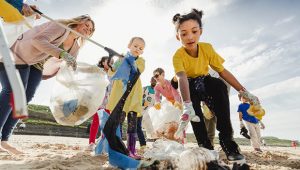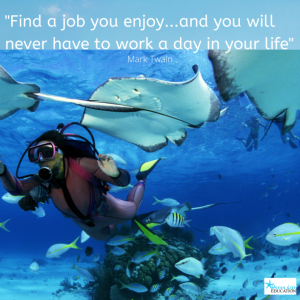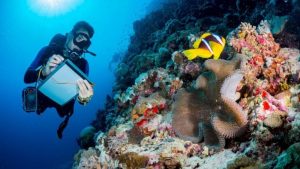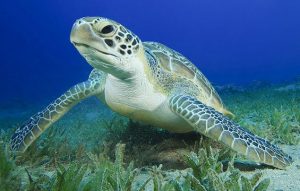
What is SeaWeek Australia?
SeaWeek Australia is an annual celebration of the sea. It is a major public awareness campaign which aims to educate and encourage appreciation of the sea. For us at Ocean Life Education, SeaWeek Australia is the busiest time of the year and a great opportunity to further increase school and community focus on the deeply woven relationship we have with our majestic ocean and how our survival is underpinned by the health of our oceans.
Check out the foot of our blog for ideas of how you can celebrate SeaWeek.
SeaWeek 2022, 5-13 March
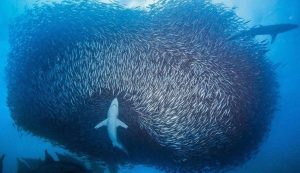 This year’s theme is: Our SEArch – what will you discover? It’s based around the fact that the Ocean is largely unexplored.
This year’s theme is: Our SEArch – what will you discover? It’s based around the fact that the Ocean is largely unexplored.
Our oceans support most life on earth. As over 70% of the Earth’s surface is underwater, it comes as no surprise that marine species outnumber those on land – an incredible 94 per cent of the Earth’s living species exist within the oceans.
Being an enormous island, Australia has one of the largest ocean territories in the world. Australian Oceans support an immense diversity of life and ecosystems. From the warm waters of tropical Queensland, to the cool Tasman Sea, a staggering range of animals, plants and other life forms call our oceans their home.
 And it is not just marine life that is supported by the ocean, we humans depend on our oceans too! On average, we each consume around 25 kilograms of seafood every year, so we rely on it for our food and for economic benefit and jobs. If that’s not enough, we also rely on the ocean for: oxygen, carbon dioxide absorption, climate regulation, breakdown and removal of waste, marine transportation, medicine, tourism, recreation, and fun. The list goes on!
And it is not just marine life that is supported by the ocean, we humans depend on our oceans too! On average, we each consume around 25 kilograms of seafood every year, so we rely on it for our food and for economic benefit and jobs. If that’s not enough, we also rely on the ocean for: oxygen, carbon dioxide absorption, climate regulation, breakdown and removal of waste, marine transportation, medicine, tourism, recreation, and fun. The list goes on!
Check out our Blog ‘Ten Reasons Why We Depend on Our Oceans’ for more details.
When is SeaWeek Australia 2022?
SeaWeek Australia 2022 is planned for 5-13 March 2022.
How Can Schools Celebrate Seaweek 2022?
We have lots of ideas for School events and activities to help schools celebrate SeaWeek 2012 in may ways. We are increasing our website resources all the time, so keep checking our Primary and Resources pages. Or why not book one of our interactive Programs to give the kids a real hands-on experience of marine creatures!
Here are some great ideas to get you started…
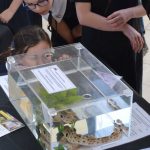 *Decorate your classroom or childcare setting
*Decorate your classroom or childcare setting
*Plastic free class challenge – no plastic in lunch boxes for a day/ week
*Record class plastic usage for a day – pledge to refuse, reduce, reuse, recycle
*Book an ocean-focused incursion or excursion
*Organize a beach clean (& BBQ?) or visit a local beach
*Host an ocean themed coloring or drawing competition
*Fundraise to support a local coast care charity e.g. Coolum Coast Care, Ocean Crusaders, Sea Shepherd
 SeaWeek 2022 is hosted by the AAEE (Australian Association for Environmental Education). If you are planning to run a SeaWeek event, competition, or activity, they’d love to promote it! Email: seaweek@aaee.org.au for more information.
SeaWeek 2022 is hosted by the AAEE (Australian Association for Environmental Education). If you are planning to run a SeaWeek event, competition, or activity, they’d love to promote it! Email: seaweek@aaee.org.au for more information.
Ocean Life Education
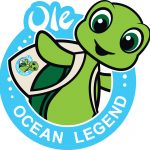 Ocean Life Education is dedicated to promoting the preservation of our marine environment to communities and schools. We spend SeaWeek Australia visiting Early Learning Centres and Schools and hosting events throughout Queensland and NSW. Our programs are delivered by qualified Marine Educators with a passion for the ocean. They provide a lively, fun, and interactive experience with our live marine animals. We believe education is the key to inspiring schools and community to protect our oceans.
Ocean Life Education is dedicated to promoting the preservation of our marine environment to communities and schools. We spend SeaWeek Australia visiting Early Learning Centres and Schools and hosting events throughout Queensland and NSW. Our programs are delivered by qualified Marine Educators with a passion for the ocean. They provide a lively, fun, and interactive experience with our live marine animals. We believe education is the key to inspiring schools and community to protect our oceans.
To join our community of Ocean Legends and become part of the solution, follow us:
Facebook https://www.facebook.com/OceanLifeEducation/
Instagram: https://www.instagram.com/ocean_life_education/


